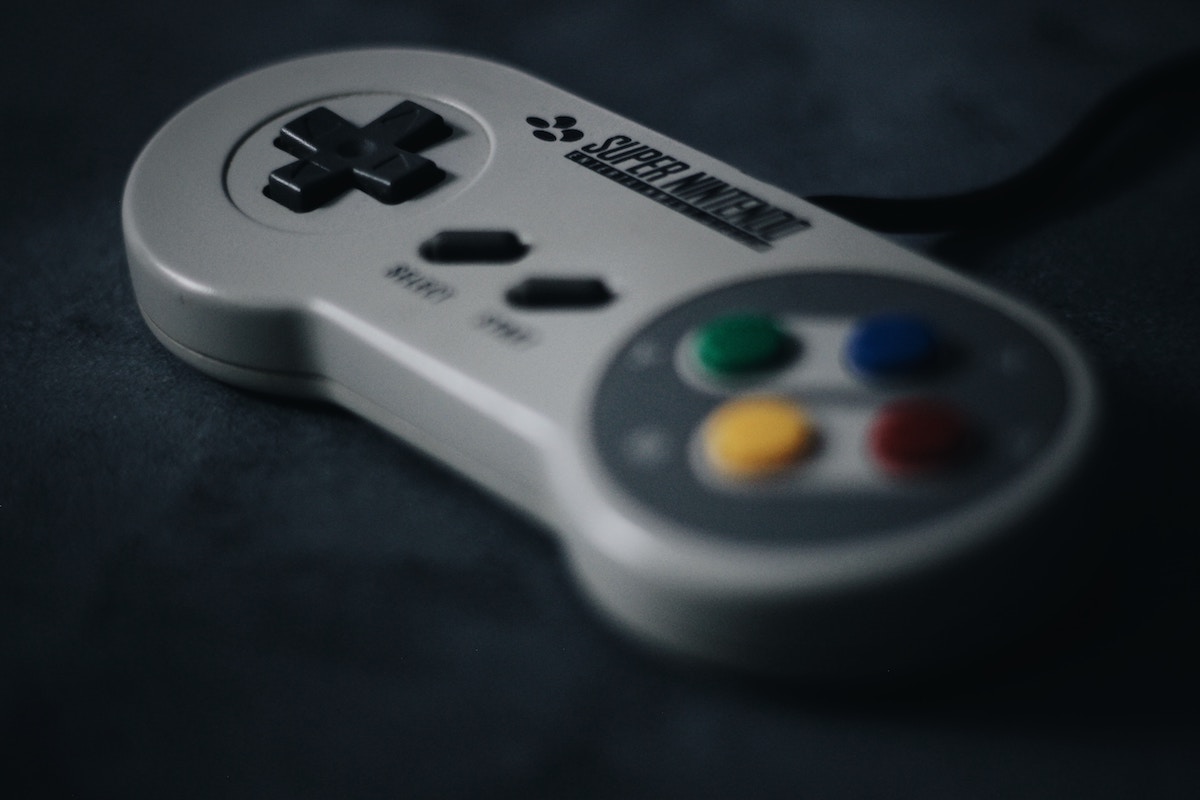Hey, did you know Nintendo still makes playing cards? Yeah, that’s how it started out in the dim, dark past: creating hanafuda decks for pre-electronic-era gamers to sling at each other.
And, like I said, it still does, but you’d be hard-pressed to find these cards sitting alongside the latest Switch games. It’s a legacy product, a link to their past, if you will…
In most organisations, you’ll find processes or products that have probably slid past their use-by date. Back when I was a magazine editor, it felt like a big, momentous deal to stop using the giant brown paper job bags that held story layouts and related material – material that had long migrated online (think jpgs versus actual photos, for example).
It was even more revolutionary to split and reverse the office workflow in some cases, so designers weren’t alternately twiddling thumbs and under the pump as the week wore on.
In these cases, you’ll face some backlash from old hands who have always done things a certain way and have a strong attachment to those paper bags or Japanese playing cards. But it isn’t just venerable or enormous entities who can unearth those “should stops”.
Sometimes, it’s a matter of paring back as you manage decline and sometimes it’s a matter of jettisoning the work or clients that got you where you are today.
That’s a callous way to put it, but consider that building an empire happens brick by brick and, at some stage, you need to stop polishing those individual bricks – especially if they’re keeping your attention or energy from bigger things.
Consider your organisation. Consider the processes you take for granted as necessary. Consider the legacy clients or products that you could stand to lose. This isn’t a binary, yes/no answer, and probably benefits from an external perspective and trial period on a case-by-case basis.
For example, I have completely outsourced transcription, because I’d rather pay someone to listen to my recorded interviews than do them myself. And I do a lot less physical magazine work than I used to even five years ago.
On the other hand, I still do a lot of ‘small’ jobs because I enjoy working with a given client (and they often lead to bigger jobs). And, as a further counterpoint, I experimented with not going to the pub for lunch every day and found that some traditions are just too foundational to a business’s culture.
Those $10 specials – including a free drink! – at my local are my Nintendo playing cards.







